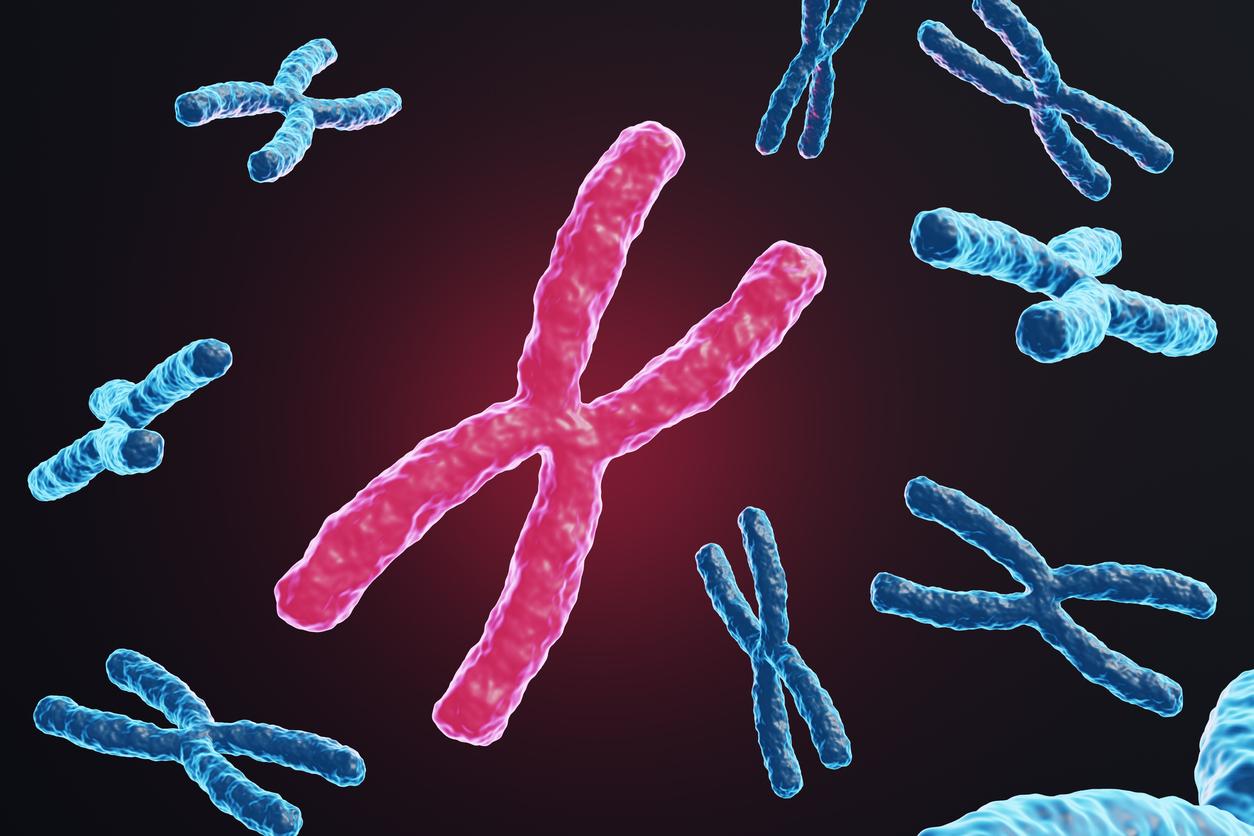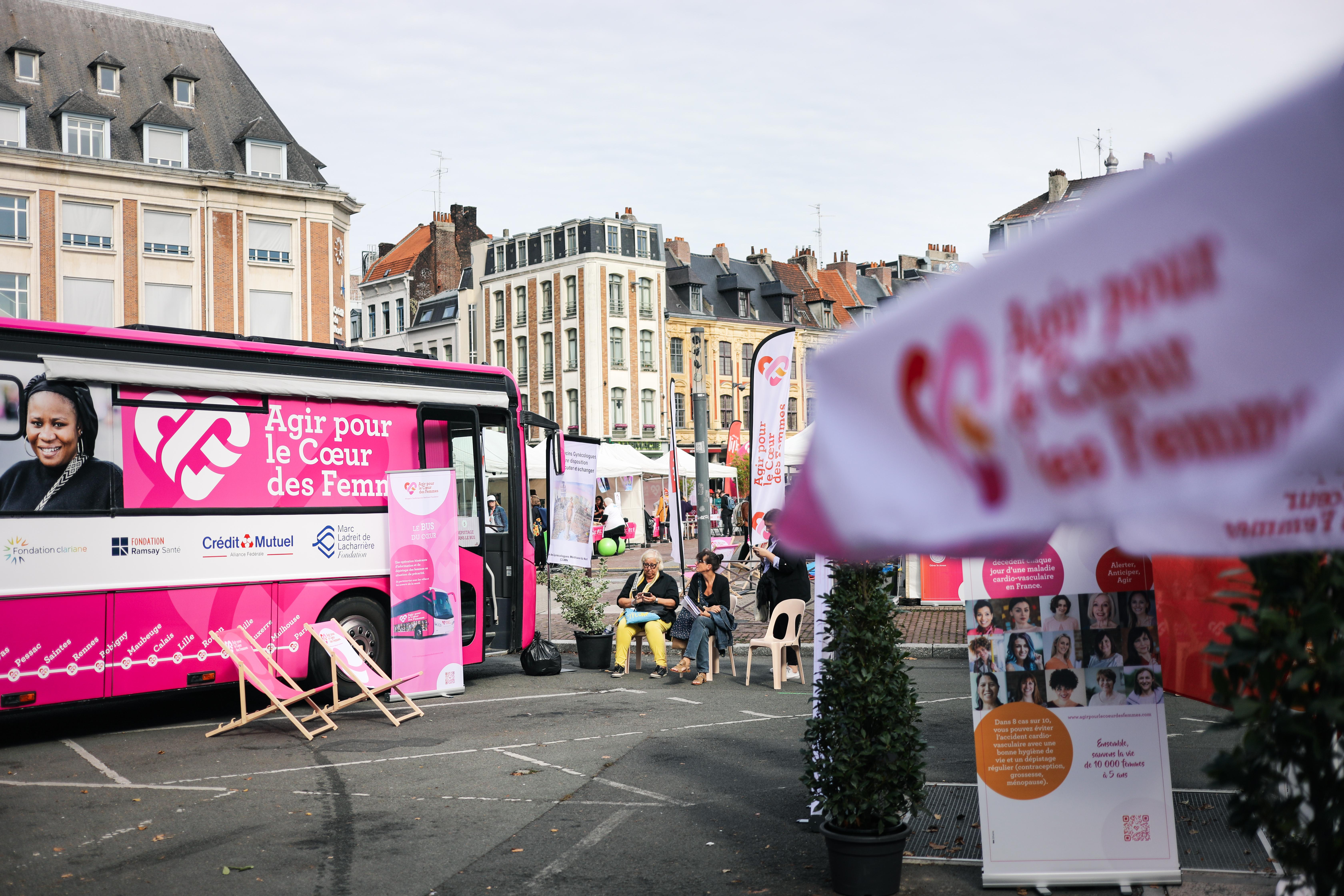
Three women you wouldn’t expect to have autism
Autism is sometimes not recognized in girls and women, or it only comes to light at a later age. Some women with ASD do not fit the image that many people have of ‘an autist’. Clinical psychologist Els Blijd-Hoogewys describes three cases in which you would not initially think of an Autism Spectrum Disorder (ASD), but in which ASD has been found after extensive research, often alongside other problems.
A young girl with ASD
Emma is a sensitive 3 year old girl. She is sensitive in the broad sense of the word: sensitive to moods and emotions of others, easily upset, but also sensitive to loud noises and a lot of crowds. Emma has also been a picky eater from an early age. Her parents experience good contact with their daughter. Emma is strongly focused on her parents and has a lot of trouble saying goodbye to her mother, for example at the playgroup.
Emma makes a bright impression. She asks a lot of questions that often don’t seem appropriate for a 3-year-old, can think deeply about things and also gets anxious about this. Emma loves colours, crafts and animals. She could be doing this for a very long time. Her mood can change quickly at times. It is often not clear to the parents what the reason is. At the playgroup, Emma seems to be mostly observing. She mainly plays with much older children and younger children, less with peers.
The parents wonder whether Emma has high sensitivity and/or giftedness (developmental advantage). They seek help because they notice that the playgroup costs her so much energy. Emma can sometimes fall asleep on the couch in the middle of the morning and complains a lot about stomach pain. The parents want to know how they can help Emma so that everything becomes a little easier for her.
A teenage girl with ASD
Sara was extremely cute as a little girl. She was the darling of the playgroup teachers. From group 3, her relationship with teachers became more difficult, including with peers. But she did have a best friend, with whom she did everything together. They were inseparable. However, at the end of primary school, this friend dropped her overnight; the friend thought she was too assertive. After that, she was no longer able to get a real girlfriend. She was out of place everywhere. She was also bullied for years. Now that she is halfway through high school, she has a group of friends of individuals who are all a bit out of it. “We are a group of deviant types,” she says with a laugh.
Sara can be very harsh in her statements about others, whether a classmate, teacher or other authority figure. She doesn’t seem to take into account that her statements can hurt others, even when pointed out to her. She then says that she is just being honest.
Sara doesn’t like “typical” girly things: that easy-up, that talk about boys, that stuff with fashion … none of that is for her. “I can adapt, but I don’t want to”. Sara prefers comfortable clothes, which she always buys in the same store. She has dyed blue hair, loves K-soap, can sing K-pop word-for-word in Korean and makes beautiful Manga drawings. She can spend hours on it, getting lost in this.
Sara struggles with all the demands of life. As soon as a ‘must’ is added, her heels go into the sand. As a result, there is a high level of absenteeism from school, she does not want to tidy up her room or do the dishes at home. If forced to do so, she may become excessively angry, yell and throw things.
An adult woman with ASD
Lize is married and has two children with autism. She has had dark periods since she was 16. Lize does a lot of sports (running). She has crossed body boundaries so many times that this has led to permanent damage.
Lize has completed a university degree, but she is unable to hold a job at her level. She now has a job at a much lower level and works three days a week, but this job also gives her a lot of stress. Lize has had a burnout several times in recent years. It doesn’t help that she always sets the bar so high for herself and that she always lets others go before others. This is true at work, but also at home. Because her husband works full-time and she only works half-time, she feels that she should take care of him as much as possible at home. But this is hard for her. She cries often. When things don’t work out, she panics. She is quickly overstimulated by the children. She has a hard time relaxing. The only thing that can help then is endless running.
Lize has two girlfriends; a camping friend she sees every summer and her girl next door from her childhood. She doesn’t have that many contacts. She keeps contact with colleagues limited. She also doesn’t often see family members. She declines many family party invitations. She likes her rest. Lize increasingly recognizes herself in the behavior of her children, especially the easily upset and the difficulty in coping with changes. She wonders if she might also have autism.
dr. Els MA Blijd-Hoogewys is a clinical psychologist and cognitive behavioral therapist. She has a PhD on the development of Theory-of-Mind in children with PDD-NOS. She works at the GGZ institution INTER-PSY as manager of treatment cases, head of the autism team and infant team and head of research. She is also chair of the FANN (Female Autism Network of the Netherlands). on her website find more information about her work.
Blijd-Hoogewys was one of the speakers at the Gender & Health conference of WOMEN Inc. WOMEN Inc. wants it to make no difference to your chances whether you are born a boy or a girl. That still matters. One of the themes WOMEN Inc. focuses on is healthcare. Because health care is largely based on the male body, women live in poorer health than men. This hinders effective care and even threatens lives. WOMEN Inc. therefore strives for gender-sensitive health care, whereby more recognition is given to – and account is taken of – the differences between men and women in health and illness. This reduces unnecessary healthcare costs and improves the quality of healthcare for everyone. Knowing more? View on www.womeninc.nl/health.

















